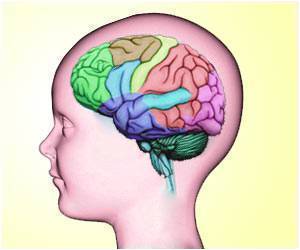Another particularly common problem faced by epilepsy patients, especially those with mesial temporal lobe epilepsy, or MTLE is
Almost one-third of all patients are affected with drug resistance epilepsy, which may further require surgery.
“Our study is the first to detail the presence of newborn neurons and an immature version of a related cell type, known as astroglia (neuronal support cell), in patients with epilepsy. Our findings furnish surprising new insights into how immature astroglia might contribute to epilepsyopening an unexplored avenue toward the development of new anti-seizure medications for millions of people,” says Michael Bonaguidi, an assistant professor of stem cell biology and regenerative medicine, gerontology, and biomedical engineering at USC.
“Currently available seizure medications tend to target neurons, so medications that act on immature astroglia could greatly expand the options for our patients. A new class of drugs could combine with current medical and surgical strategies to control seizures without aggressive surgical removal of parts of the brain that can be critically important for learning, memory and emotional regulation,” says Liu, a professor of neurological surgery, neurology, and biomedical engineering, director of the USC Neurorestoration Center, and director of the USC Epilepsy Care Consortium.
Source: Medindia



